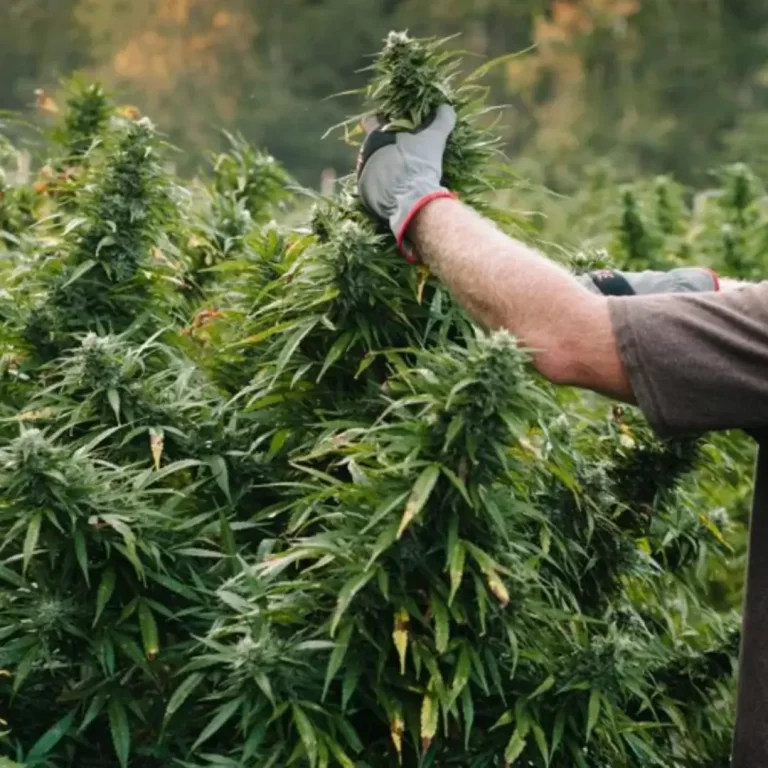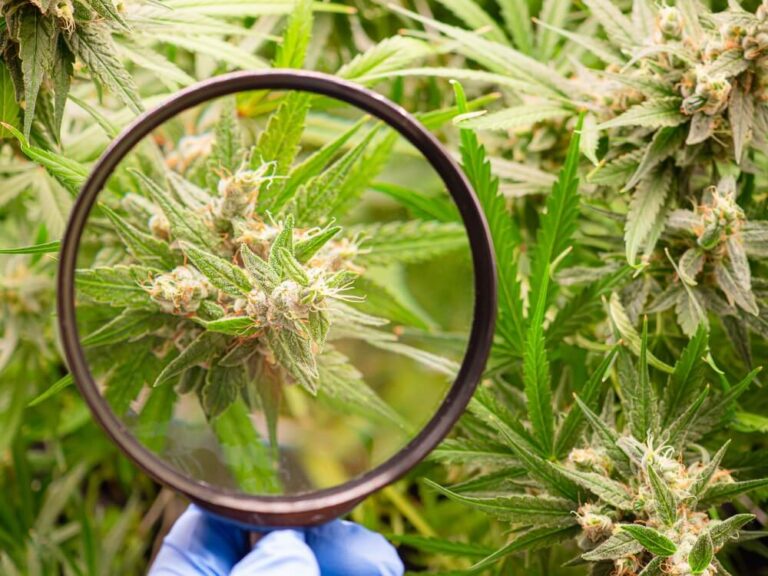
Are Amsterdam-Style Marijuana “Coffeeshops” Coming to California?
- Cannabis News
- Cannabutter Digest
California Assembly Bill 374 has emerged as a groundbreaking piece of legislation that aims to redefine the scope and functionality of marijuana dispensaries within the state. Authored by Assemblyman Matt Haney, a Democrat from San Francisco, the bill has a simple yet transformative objective. It is designed to allow existing marijuana dispensaries to diversify their offerings by adding food, beverages, and live performances to their businesses.
Currently, dispensaries operate mainly as point-of-sale locations for cannabis products and paraphernalia. However, this bill seeks to allow them to convert into consumption “lounges,” much like the cannabis cafés in Amsterdam and other parts of the Netherlands – colloquially known as “coffeshops.”
The driving force behind this legislation is twofold. First, it aims to give consumers a more social experience when they visit dispensaries, allowing them to enjoy cannabis in a communal setting while eating or listening to music. Second, and no less important, is the bill’s economic rationale.
Haney and other supporters argue that by diversifying the services dispensaries can offer, the state can generate additional tax revenue and give local businesses a much-needed boost. The bill has received overwhelming bipartisan support and awaits approval from Governor Gavin Newsom.
Bipartisan Support for Assembly Bill 374
One of the most striking features of Assembly Bill 374 is the broad bipartisan support it has garnered. The bill’s analogue in the senior house sailed through the California Senate with an overwhelmingly favorable 33-to-3 vote. It also cleared the Assembly with an impressive 66-to-9 vote. Notably, the GOP vote in both houses was an even split of yeas and noes, enough to give the bill an air of comity during an increasingly partisan political era.
There are several reasons for this overwhelming support in both houses. First, there’s a growing public acceptance of cannabis use for both medical and recreational purposes. Recent Gallup surveys show a record 50 percent of Americans have tried marijuana at some point in their lives. Second, there’s a compelling economic argument for cannabis cafés. They are expected to generate additional tax revenue for the state and create new business opportunities, a prospect that appeals to politicians of all stripes.
Assemblyman Matt Haney also framed the bill not as a partisan issue but as a pragmatic one, emphasizing the economic, health, and safety benefits. In his words, there’s “absolutely no good reason” that California should prohibit such diversification of cannabis businesses, especially when it has the potential to benefit consumers and the state alike.
Cannabis Coffeeshops in the Netherlands
The concept of cannabis cafés, often referred to as “coffeeshops” in the Netherlands, dates back to the 1970s. At a time when many countries were adopting stringent anti-drug policies, the Netherlands took a different approach by decriminalizing the possession of small amounts of cannabis and allowing licensed establishments to sell it. This policy was rooted in a pragmatic philosophy that separated “soft drugs” like cannabis from “hard drugs” like heroin and cocaine. The approach was one of harm reduction by managing and controlling cannabis use rather than trying to eradicate it entirely.
Over the years, these coffeeshops have become iconic features of Dutch cities, especially Amsterdam. The establishments offer relaxed environments where people can purchase and consume cannabis while eating and drinking, although coffeeshops usually do not serve alcohol. Tourism data suggests more than 1.5 million visitors come to the Netherlands for its cannabis cafés each year, contributing to an industry that reportedly generates over $1 billion annually.
While the Dutch model has faced its share of controversy, including debates about the impact on public health and local communities, many see it as a successful drug policy experiment. It serves as the inspiration for Assembly Bill 374, which aims to replicate this model to some extent in the United States.
The Original Cannabis Café in West Hollywood
Located in West Hollywood, The Original Cannabis Café, formerly known as Lowell Cafe, was the first restaurant in the U.S. where guests could openly smoke marijuana. Established in 2019, the café has a diverse menu, offering everything from fried chicken sandwiches to vegan nachos.
Due to existing California law, the café operated as a dispensary at the state level while functioning as a “cannabis consumption lounge” at the city level. Its unique operational model separated the dining area from the cannabis consumption space, also keeping checks separate for food and cannabis.
As a trailblazer in the industry, The Original Cannabis Café has overcome a raft of regulatory hurdles to offer a social space for cannabis consumption. Supporters believe this establishment could set the stage for broader changes that come with the potential passage of Assembly Bill 374.
What Would Be Allowed If the Bill Passes?
If Assembly Bill 374 receives Governor Newsom’s signature, as it is expected to, it would significantly expand the scope of what cannabis dispensaries can offer in California. The law would permit these businesses to sell not just cannabis products but also non-cannabis food and beverages.
In addition to these culinary offerings, dispensaries could host live music or other performance events. Essentially, the bill would transform these dispensaries into multifunctional spaces where people could socialize, eat, listen to music, and consume cannabis. All of this would take place in a regulated environment designed to enhance both consumer experience and business prospects.
Limitations and Restrictions
While Assembly Bill 374 promises to open up new possibilities for cannabis dispensaries, it also sets forth a number of restrictions. First, only individuals 21 or older would be allowed in the areas where cannabis consumption was permitted. Second, the consumption of cannabis could not be in view of public areas. And neither alcohol nor tobacco sales would be allowed on the premises.
Importantly, the bill also leaves room for local jurisdictional control, meaning cities and counties would still have the authority to regulate these new cannabis businesses. This would offer an extra layer of oversight to ensure businesses meet community standards and preferences.
Get High on Our Supply
Interested in what the future holds for the cannabis industry? Make Cannabutter Digest your first stop for the latest news, insights, and more. Whether you’re looking for product reviews, recipes, or simply want to stay informed, we’ve got you covered. Bookmark us now for a one-stop cannabis experience.






